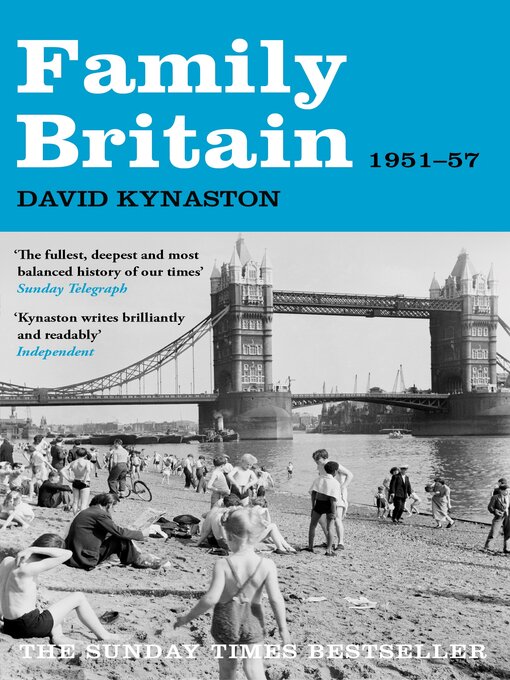- New eBook additions
- Available now
- Most popular
- Try something different
- New kids additions
- New teen additions
- See all
- Available now
- Most popular
- New audiobook additions
- New kids additions
- New teen additions
- Try something different
- Audiobooks for the Whole Family
- Notable Narrators
- See all

